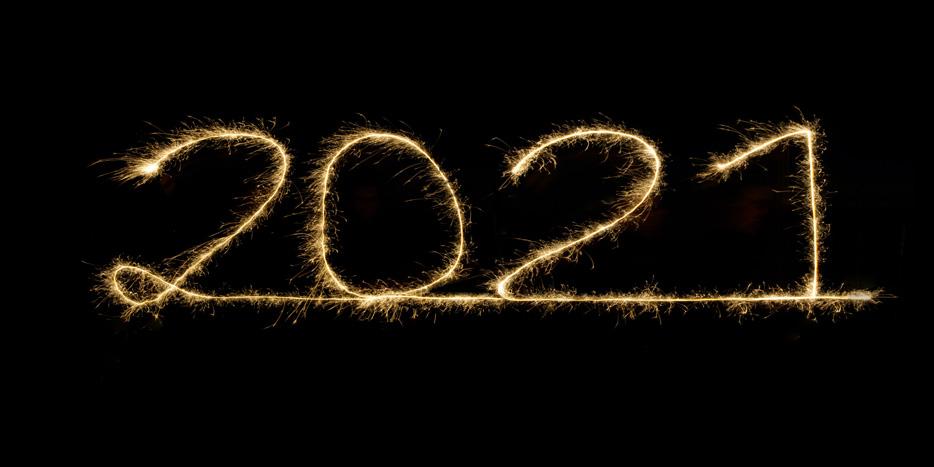
3 minute read
MINDFULNESS
MINDFULNESS IN ACTION
2020 will be a defining year for our society. I know it has been for me. All the pain, anger, and grief of the past year, we have hopefully formed a stronger bond with gratitude for what is. Embracing all of these experiences is a mindfulness practice. Mindfulness has become a buzzword in our culture, for which I am grateful, and with all repackaging of ancient traditions, they tend to get watered down and misunderstood. Mindfulness can be an act and intentional practice, and it is indeed more of a lifestyle and way of being.
Deep breathing exercises, meditation, a yoga practice; are wonderful expressions of mindfulness. But, if you judge your posture or compare your warrior pose to the classmate on the next mat, it begins to lose its essence. Consider mindfulness as a perspective and an experience, lenses through which we view the world and ourselves. Mindfulness is focus and awareness with intention in the present moment. We can live this way fully, or at least we can do our very best to try. We can be mindful while cooking dinner, working on our business plan, playing with our children, having a glass of wine with our close friends, or conversing with a stranger in line at Starbucks. These can all be mindful expressions as powerful as a deep breath.
There are a lot of guided mindfulness practices to be found on the web, and I encourage you to find a few that work for you. Let go. Just breathe. Vibrate higher. More buzzwords, while accurate, can be confusing without some behavioral direction. Below I offer ways of thinking about your further development of living mindfully with each moment.
Embrace Change. It is the one and only constant in our lives. Far too much of our unhappiness is fueled by our resistance to change and attachment to what we believe “should” be. When we work toward acceptance that ALL things change, we can more effectively adapt to changes that occur. Resisting or denying the forces of change in our lives, we disrupt our ability to find the constructive elements of that change. We can
master the notion of “letting go” by accepting this truth. We can increase our awareness of when we are inflexible, as we feel the tension in our body or emotion. Pay attention to that and work toward noticing how we can welcome changes, for better or worse.
Go with the Flow.
In DBT, we often call this mindfulness of participation. We can be incredibly self-conscious, particularly in environments of discomfort and newness. Our culture tends to praise taking the “bull by the horns,” which can absolutely be a positive quality as a leader and entrepreneur; and we must balance this with allowing for the current of life to carry us at times as well. When we force change, it may be based upon expectations and beliefs that leave us ill-equipped. It is mindful to move and act when we are ready. And it is difficult to ascertain when we are truly “ready”; this is where we can trust our intuition and instinct. Sometimes it is best to do nothing and master the art of observation before action.
Practice Patience.
My grandfather was an avid gardener. As a child, I would work with him in the summers and watch him tend to his tomatoes and cucumbers. No matter how diligently he tilled and watered the plants, they grew at their own pace. He waited, trusting they would achieve their full potential in time. Our lives and businesses are in many ways like his plants. We can be mindful of the simplicity and compassion it requires to wait, active inaction. We often are driven by comparison to others, where we think we should be, rather than allowing for our own growth process. Allow for greater mindfulness of where we can exercise more consistent patience in our lives.
Non-judgment. Perfect does not exist. End of story. You are flawed; you will make mistakes; you will fall short, you don’t know it all. We judge this about ourselves, and this creates suffering. One core of mindful living is to heighten our awareness of when we are judging our experience and ability, rather than observing for what it is. When we reduce judgment, we are living in more harmony with the world around us. Judging ourselves is one point of view and completely discounts other perspectives. Non-judgment allows for greater clarity of what is, and allow us to embrace change, move with the flow of the world and practice greater patience.
Here is to a more mindful self in the new year.
Anthony Gonzalez, LCSW, QS Alere Emotional Health LLC











